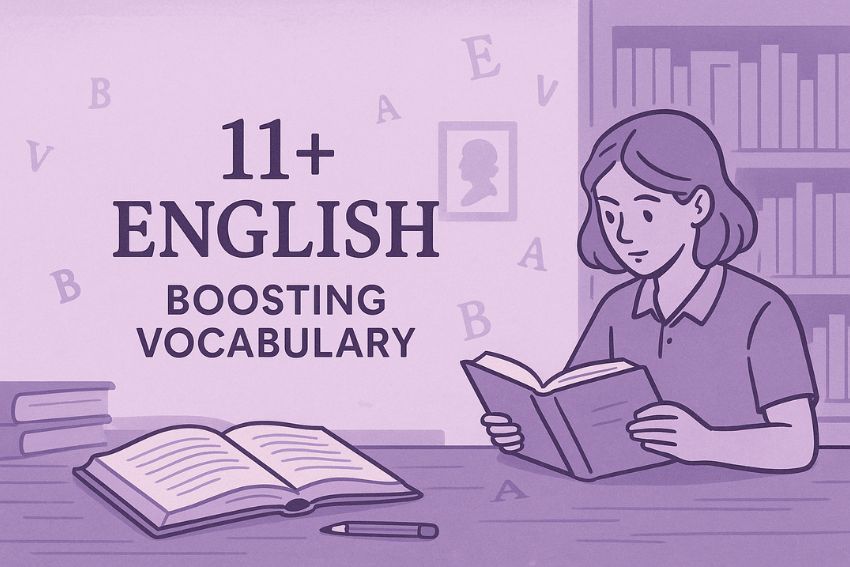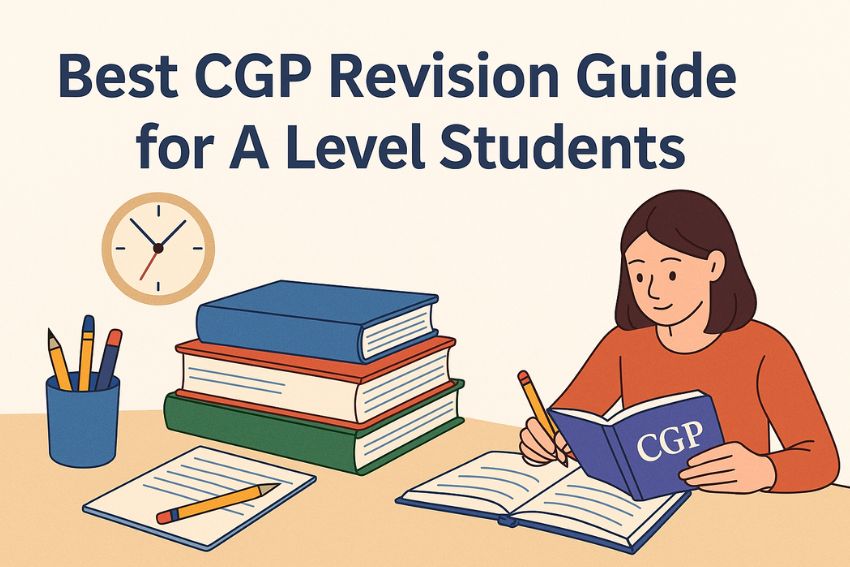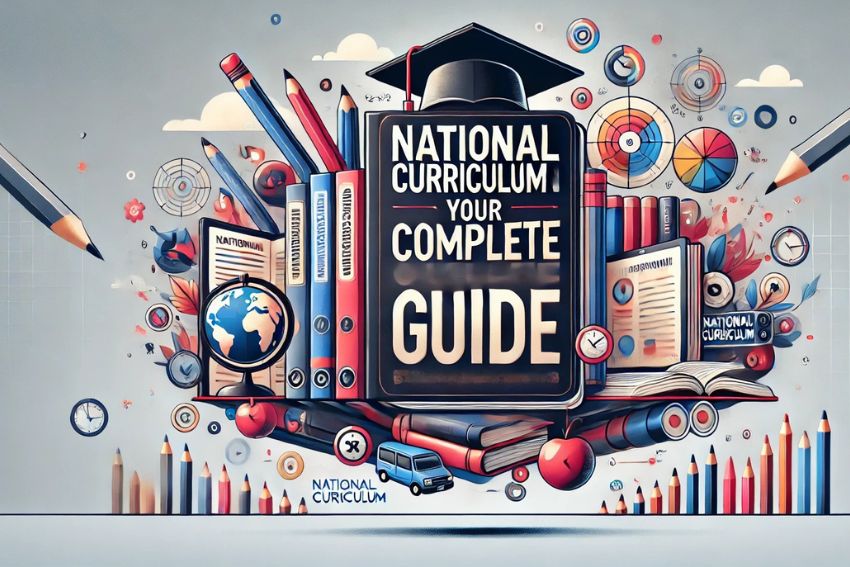Synonyms and antonyms for 11 Plus are one of the fastest ways to boost your score in both 11 Plus vocabulary and verbal reasoning. In fact, these word pairs appear often in tests and can make a big difference in how quickly and accurately you answer questions. That’s why, in this blog, we’ve handpicked 15 important examples to help you prepare. They’re clear, useful, and perfect for building your confidence with tricky vocabulary questions. Plus, don’t miss the downloadable 11 Plus synonyms and antonyms list PDF at the end, it’s a great tool for regular revision.

Why Synonyms and Antonyms Are Key for 11+ Success
In fact, learning 11+ synonyms and antonyms is a big part of doing well in 11 Plus English and verbal reasoning tests. 11 Plus exams often include questions where you have to spot a word with the same or opposite meaning. It might be in a sentence, a word list, or a tricky matching task. These word-pair questions appear often in real 11+ papers, so learning them isn’t just helpful, it’s essential. Therefore, the better you know these word types, the faster and more confidently you’ll answer in the exam.
Tips to Boost Your Synonyms and Antonyms for 11 Plus
So, studying synonyms and antonyms for 11+ doesn’t have to be overwhelming. With a few smart study habits, you can make real progress, even in just 10 minutes a day.
- Use Flashcards: Create simple cards with a word on one side and its synonym or antonym on the other. This helps with fast recall and active memory.
- Build a Personal Word List: Start your own 11 Plus vocabulary list with meanings. Add tricky or new words as you come across them during practice.
- Try Mini Quizzes: Short quizzes are great for checking what you’ve learned. You can make your own or use 11 Plus resources online.
- Review Regularly: Don’t just revise once. Go over your list every few days to keep the words fresh in your mind, especially before a mock or test.
As a result, these simple revision strategies help make learning vocabulary more manageable and even a bit fun.
Top 15 Synonyms and Antonyms for 11+
So, below are 15 carefully selected synonyms and antonyms for 11 Plus that often appear in verbal reasoning sections. These word pairs will help strengthen your 11 Plus vocabulary and improve your ability to spot meaning quickly during the exam. Each one includes a definition, example, and a quick tip to help you remember it, perfect for your own 11+ vocabulary list with meanings or to revise alongside other 11 Plus resources. These words are commonly found in past papers, mock exams, and reasoning questions, so mastering them can give you a real advantage.
Must-Know 11+ Synonym–Antonym Pairs
| Word | Synonym | Antonym |
| Cautious | Careful | Reckless |
| Expand | Enlarge | Shrink |
| Generous | Kind | Mean |
| Brief | Short | Lengthy |
| Silent | Quiet | Noisy |
| Ancient | Old | Modern |
| Genuine | Real | Fake |
| Vacant | Empty | Full |
| Strengthen | Reinforce | Weaken |
| Difficult | Hard | Easy |
| Allow | Permit | Forbid |
| Reject | Refuse | Accept |
| Polite | Courteous | Rude |
| Dangerous | Risky | Safe |
Additional Resources for 11 Plus Synonyms and Antonyms
Want to take your revision even further? Download a free 11 Plus synonyms and antonyms list PDF, perfect for regular review and quick practice sessions.
Moreover, If you want to boost your 11 Plus verbal reasoning, try vocabulary apps, word games, and short online quizzes. These simple tools work really well at home.
Finally, build your own 11 Plus revision kit with flashcards, a notebook, and your own vocabulary list with meanings. Use a revision calendar to stay organised and avoid stress. Small, regular practice builds a foundation for your success!
Conclusion
Mastering synonyms and antonyms for 11Plus is a smart and simple way to boost your scores in both 11 Plus verbal reasoning and 11+ English. With regular use of tools like our free 11+ synonyms and antonyms list PDF, a strong 11+ vocabulary list with meanings, and the right mix of 11 Plus resources, you’ll feel more confident tackling tricky questions.
Thus, remember, you don’t have to prepare alone. If you’d like extra help, our qualified online 11+ English tutors are here to support you with one-to-one guidance and personalised feedback. They can make your 11 Plus revision more focused, effective, and even enjoyable.
Start building your vocabulary today and don’t forget to download your PDF list to keep the momentum going!
FAQs
Why are synonyms and antonyms important for the 11+ English and verbal reasoning tests?
Synonyms and antonyms are key parts of both the 11+ English and verbal reasoning sections. These tests often include questions where you need to spot words with similar or opposite meanings. Knowing common word pairs helps you answer more quickly and accurately. A strong vocabulary also improves reading comprehension and writing, which gives you an advantage across the whole exam.
How can I practise 11+ synonyms and antonyms effectively at home?
The best way to practise is little and often. Use flashcards to test yourself on new words. Build your own 11 plus vocabulary list with meanings, and review it regularly. Try online quizzes, word-matching games, or use our free 11 plus synonyms and antonyms list PDF as a daily warm-up. Mix written practice with fun activities to keep learning engaging and effective.
What’s the best way to build an 11+ vocabulary list with meanings?
Start by collecting new or tricky words from books, practice papers, or lessons. For each word, write down its meaning, a synonym, an antonym, and use it in a sentence. This helps you understand how the word is used in various contexts. Over time, you’ll build a personalised 11 plus vocabulary list with meanings that’s perfect for revision and 11plus verbal reasoning practice.
How to prepare for English 11+?
To prepare for the 11+ English exam, start by reading regularly, fiction, non-fiction, and poetry. This builds vocabulary, grammar awareness, and comprehension. Focus on learning 11+ synonyms and antonyms, as these often appear in comprehension and verbal reasoning sections. Practise answering past paper questions, summarising texts, and writing clearly structured responses.








